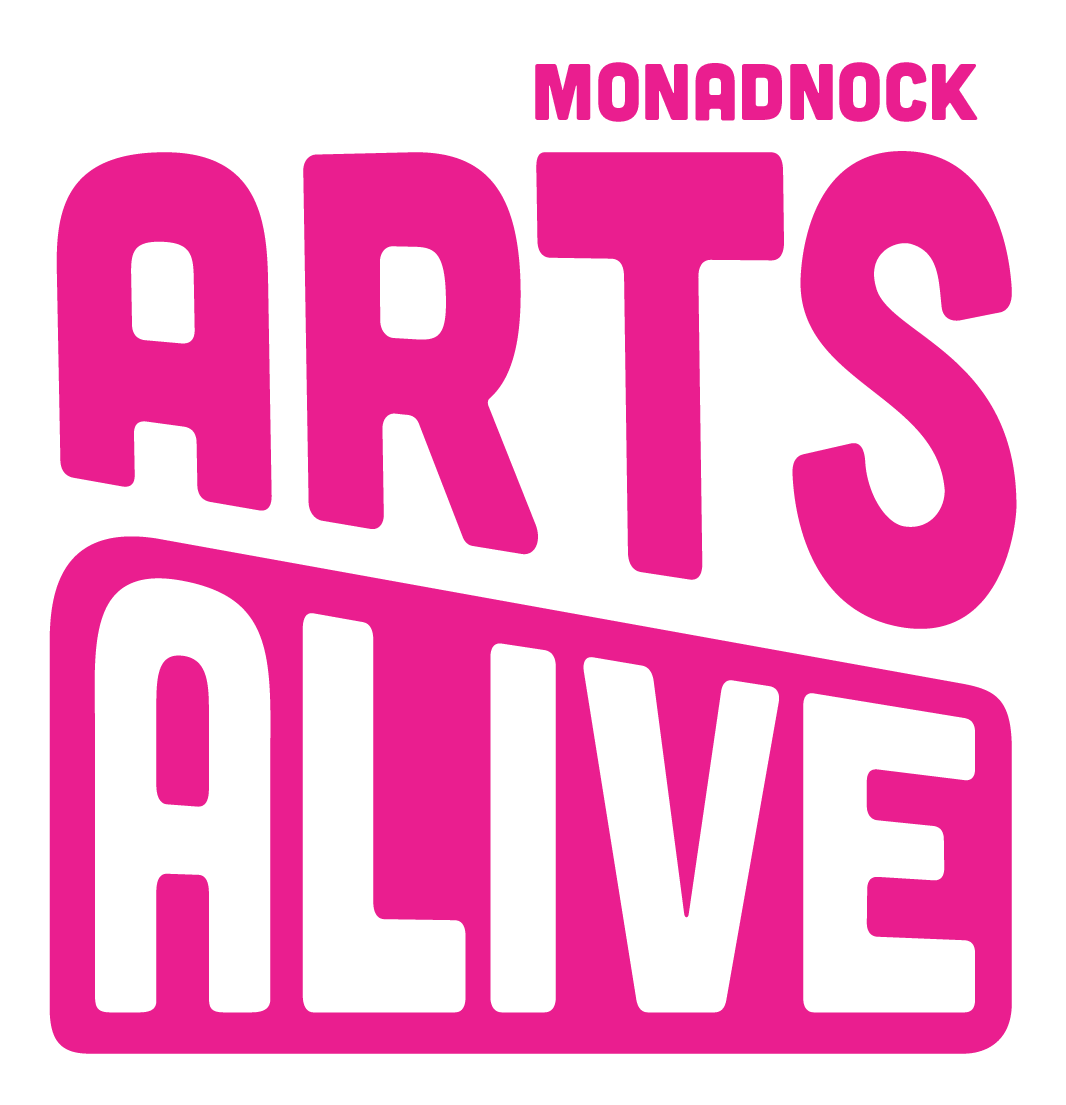Radically Rural is a National summit, to share, celebrate, and connect over ideas that make our rural communities across America radically vibrant. The summit focuses on six track areas: Arts & Culture, Clean Energy, Community Journalism, Entrepreneurship, Land & Community, and Main St.
This year, the summit, which typically brings people from across the country to our rural Monadnock Region - to multiple venues in downtown Keene, had to pivot to an online remote program.
Arts Alive! worked to build a meaningful and interactive Arts & Culture track in partnership with Savannah Barrett of Art of the Rural, NH artist laureate Amanda Whitworth, founder of Lead with Arts, and Lisa Burk-McCoy, Creative Communities Director at the New Hampshire State Council on the Arts. Sessions included panel discussion, storytelling, break out groups, creative activities, land acknowledgements, and more.
The sessions were designed to be participatory, but anyone can watch them now on YouTube. This is another great boon of hosting the conference online this year. Each session was recorded and can be shared with a much wider audience to share ideas around radically rural arts.
Below is a description of each session with its accompanying video. We hope watching them inspires new radical ideas in your community.
Equity in Arts Funding
Communities with the most distressing public health outcomes are the least likely to benefit from the connectedness, uplift, and personal development that arts and cultural engagement often inspires. This is due in large part to the massive inequities in federal and philanthropic support for arts organizations that are led by and serve people of color, indigenous people, and folks living in rural America and Indian Country.
Only 4% of arts foundation funding goes to arts organizations primarily serving people of color, and just 2% to cultural groups in rural America. Nationwide foundations invest about 44% less in the American South than they do in the rest of the United States, and only 0.4% of the total annual grantmaking of large U.S. Foundations is invested in Native American communities.
There’s no question that we have a long way to go before foundation investments in cultural causes led by people of color and those living in rural America and Indian Country will reflect their stated desire for equity. This panel won’t debate that question but will share some of the powerful strategies for supporting artists and cultural workers of color and those living in rural communities and Indian Country.
Need some background before you join the conversion? [This link] will take you to a list of resources.
Panel Discussion: Chrissy Deal, Director, Social Responsibility & Inclusion of Western States Arts Federation (WESTAF), Lori Pourier, First Peoples Fund; Ron Ragin, Self-Employed, Artist, Consultant, Researcher, Coach; Erik Takeshita, Senior Fellow of ArtPlace America; and moderator Savannah Barrett, Exchange Director of Art of the Rural
Community Connection Starts With the Arts
Do you want to knit together a community of interest but wonder what to use and do to build those ties and confront the barriers to connecting? The arts have the potential to sew the seams of a community frayed by a sense of loss or a lack of belonging. Communities across the country are harnessing the arts to build stronger regional communities and are reaping the benefits. Join a panel of experts as it leads demonstrations and shares stories of creative projects that build connections, empathy, understanding, and inclusion. And learn how to measure the many successes of such projects.
Moderator: Anthony Poore, Executive Director of New Hampshire Humanities
Panel Discussion: Barbara Shafer Bacon, Co-Director, Animating Democracy of Americans for the Arts; Rachel Balaban, Co-founder and co-director of Artists and Scientists as Partners; Catherine Stewart, Artistic Director of NH Theatre Project; HB Lozito, Executive Director of Out in the Open
The Essential Arts
Can we imagine a radical reinvention of the sector together? Let's pool our resources to make a case for essential arts and move forward together! This session digs into the value and vibrancy of the rural arts scene and ask: What makes art essential in rural communities in this moment in time, and why? This session gives participants tools to be better advocates for the arts in their communities, and it is also a great learning opportunity to better understand WHY the arts are so valuable. These Radically Rural panelists use affirming language, data, and stories from the field that demonstrate the impact arts can have - from the individual to a group to a community-wide level. After the initial discussion, the session broke out into smaller groups to dive into deeper questions about the current moment and how to maintain sustainability and strive for longevity within it. If you are watching the session with someone else, we encourage you to pause the video and have a conversation about the questions presented.
Moderator: Marianne Barthel, Director of the Arts Program at Dartmouth Hitchcock Speakers: Cynthia Cutting, director of Museum of the White Mountains; Amanda Whitworth, Founder Lead With Arts & Articine; Kate Beever, Owner/Music Therapist of Maine Music & Health; Eugene Uman, Director of Vermont Jazz Center; Craig Stockwell, Visiting Artist, Advisor- MFA for Lesley University
Support for these sessions came from the New Hampshire Charitable Foundation and the New England Foundation for the Arts.
